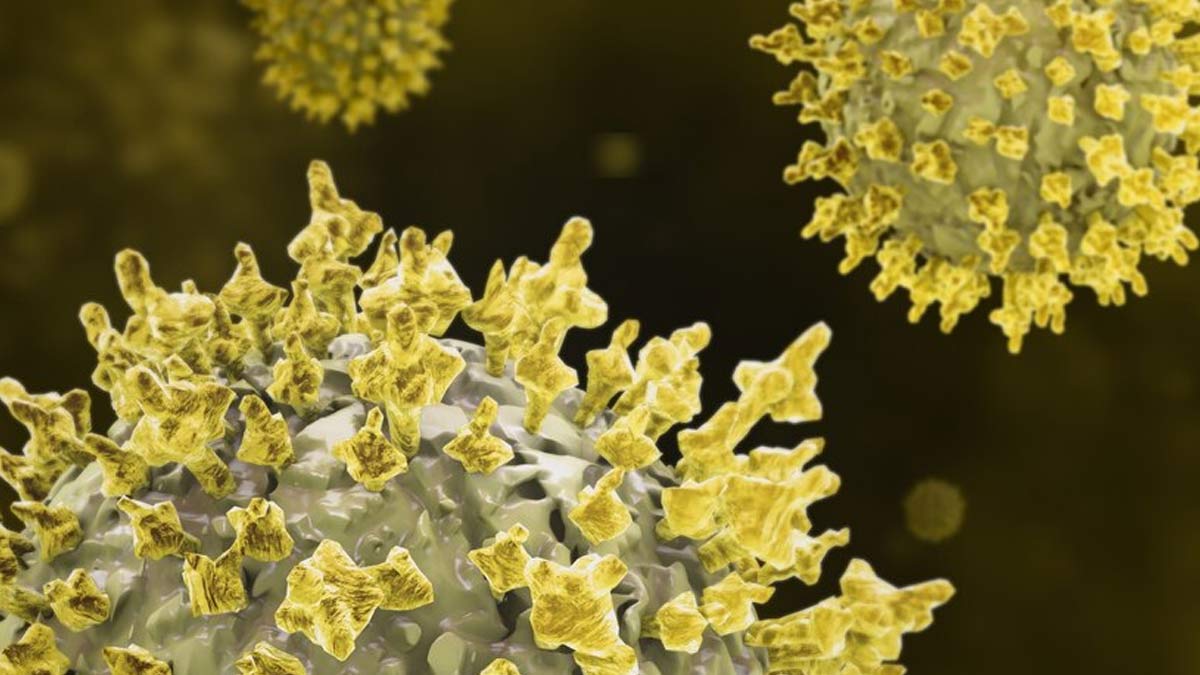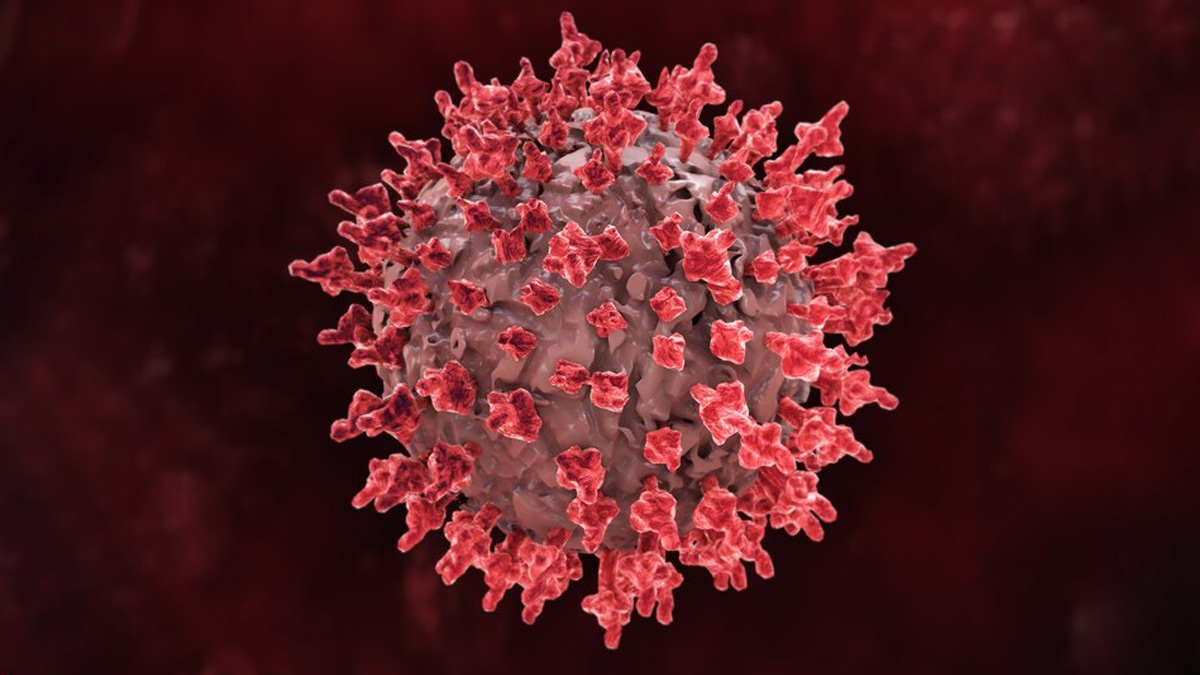
Recently, the World Health Organisation (WHO) acknowledged the continued risk of Middle East Respiratory Syndrome (MERS) infection, particularly in regions where the virus circulates among dromedaries, mainly in the Middle East.
Table of Content:-
While COVID-19 has dominated recent headlines, MERS remains a persistent concern. Unlike COVID-19, however, MERS lacks proven antiviral treatments, vaccines, or rapid diagnostics. This underscores the ongoing need for advancements in these areas.
Experts have praised Saudi Arabia's expertise in detecting and controlling healthcare-associated MERS transmission but warn that other regions may be less equipped. Efforts to trace the initial case are ongoing, and crucial for understanding and containing future outbreaks.

Understanding MERS
According to the World Health Organisation, MERS is a viral respiratory illness caused by the MERS coronavirus (MERS-CoV). While not as widespread as some other respiratory viruses, MERS is a concern due to its potential severity.
MERS symptoms can range from mild to severe, and they typically appear within 2 to 14 days after exposure to the virus. Common symptoms include:
- Fever: Patients with MERS often experience a high fever, usually above 100.4°F (38°C).
- Cough: A persistent cough, sometimes accompanied by shortness of breath, is a common symptom.
- Shortness of Breath: Some individuals may develop severe respiratory symptoms, leading to difficulty breathing.
- Muscle Pain: Muscle aches and fatigue are reported by many MERS patients.
- Sore Throats: Throat discomfort or a sore throat can occur.
In severe cases, MERS can progress to pneumonia, acute respiratory distress syndrome (ARDS), kidney failure, and even death. Individuals with underlying health conditions, such as diabetes, renal failure, or chronic lung disease, are at higher risk of developing severe complications.
Risk Factors for MERS
Several factors increase the risk of contracting MERS as per the Centres for Disease Control and Prevention:
- Close Contact: Being near an infected person, especially if they have respiratory symptoms, increases the risk.
- Healthcare Settings: Healthcare workers are at higher risk due to potential exposure to infected patients.
- Travel: Traveling to regions where MERS cases have been reported can increase the risk of exposure.
- Camel Contact: Direct or indirect contact with camels, which can carry the MERS-CoV, is a known risk factor.
Also Read: Reports Claim New COVID Variant ‘FLiRT’ Can Escape Immune Defense: Can Vaccines Stop This Variant?

Preventive Measures
Preventing the spread of MERS involves a combination of personal and public health measures, shared a study published in the Lancet:
- Hand Hygiene: Regularly wash hands with soap and water for at least 20 seconds, especially after coughing or sneezing and before eating.
- Respiratory Hygiene: Cover your mouth and nose with a tissue or your elbow when coughing or sneezing, and dispose of tissues properly.
- Avoid Close Contact: Limit close contact with sick individuals, and if you're sick, stay home to avoid spreading the virus.
- Use Masks: In healthcare settings or when caring for someone with respiratory symptoms, wearing masks can reduce the risk of transmission.
- Animal Contact: Avoid contact with camels or their bodily fluids, especially in areas where MERS cases have been reported.
For travellers, staying informed about MERS outbreaks and following travel advisories can help mitigate the risk. Additionally, healthcare facilities should have protocols to identify and isolate suspected MERS cases promptly.
While MERS is not as widespread as other respiratory illnesses, understanding its symptoms, risk factors, and preventive measures is crucial for public health. By practising good hygiene, avoiding close contact with sick individuals, and staying informed, we can work towards minimising the impact of MERS and similar viral diseases.
Also Read: Long COVID Can Lower Your IQ, Finds Study: Here's How Long COVID Can Damage The Brain
The Saudi Arabian outbreak serves as a poignant reminder of the ongoing global battle against infectious diseases. As we navigate through pandemics like COVID-19, it's imperative to remain vigilant and invest in research and preparedness for diseases like MERS, ensuring a more resilient healthcare system for the future.
Also watch this video
How we keep this article up to date:
We work with experts and keep a close eye on the latest in health and wellness. Whenever there is a new research or helpful information, we update our articles with accurate and useful advice.
Current Version